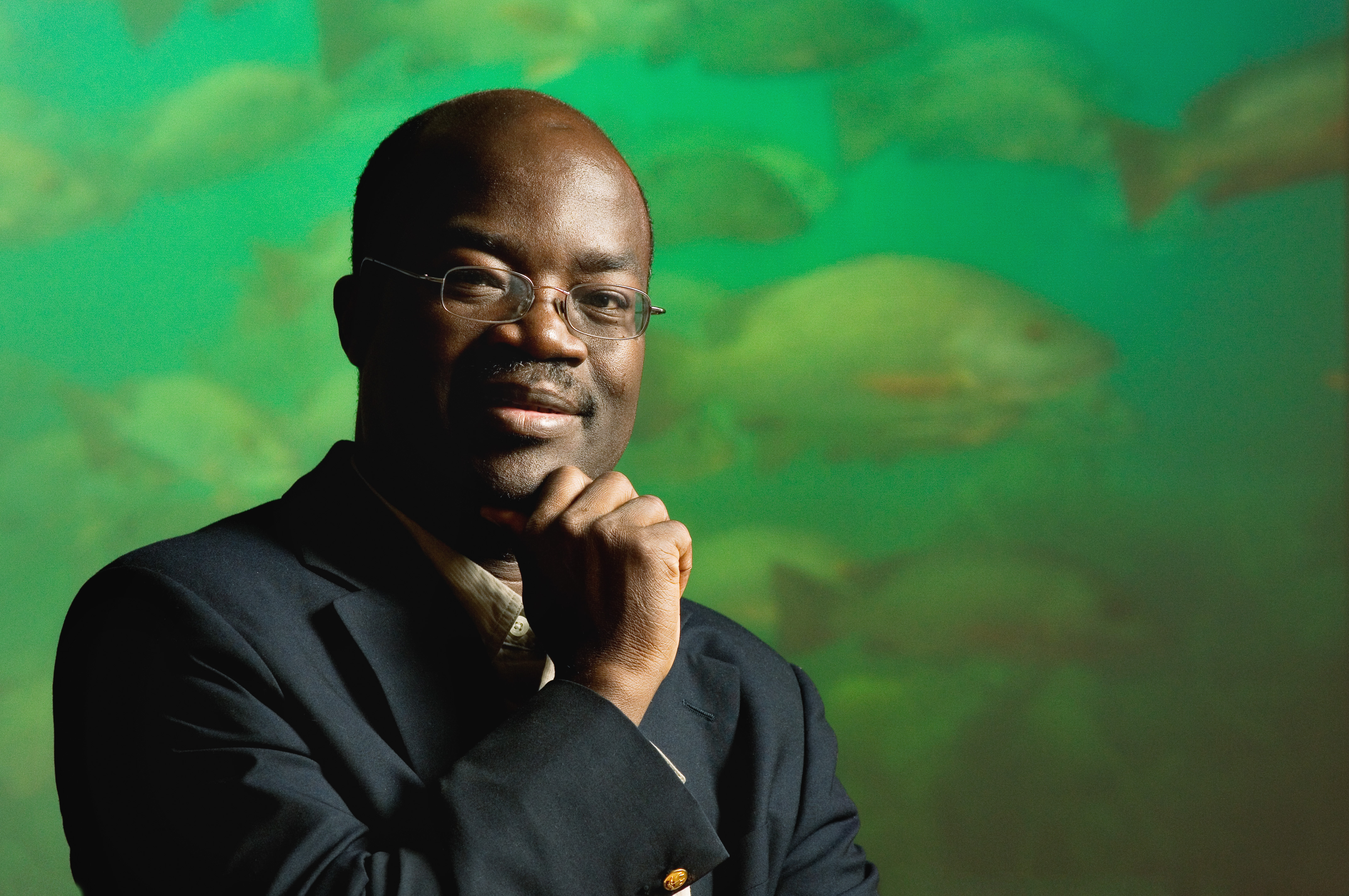Do Economists Know the Cost of Everything and the Value of Nothing?

Across several decades of work Professor Sumaila has advanced our understanding of fisheries economics, marine ecosystem valuation, fisheries subsidies, illegal fishing, and marine biodiversity. Professor Sumaila offers a rare perspective due to his expertise in both academic and policy matters. In addition to publishing in top journals such as Nature, Science, PNAS, and myriad economics journals, he has extensive experience in policy advisory roles. He has worked on fisheries and natural resource projects across the world, including Norway, Canada, Namibia, Ghana, and the South China Sea. He has also advised the White House, United Nations, Asian Development Bank, Canadian Parliament, and UK Parliament. I would recommend this talk to anyone interested in economics, fisheries, biodiversity, and the intersection between academia and policy.
—Jacob Gellman, PhD Candidate, Bren School
Dr. Sumaila will be presenting remotely. Join at this link using passcode value, or view the remote talk in Bren Hall 1424 (mask required)
ABSTRACT
Here, I explore the question of whether economists know the cost of everything and the value of nothing. In doing this, I will use my recently published book, Infinity Fish, as the vehicle. I ask questions such as: is the economic theory of valuation comprehensive enough to support the goal of achieving Infinity Fish (i.e., the idea that the current generation should pass on a healthy ocean teeming with life to our children and grandchildren so that they too can have the option to do the same)? How about the practice of economic valuation of environmental goods and services, is it adequate? I will explain the content of Infinity Fish and provide a deep dive into a few sections of the book.
BIO
Dr. Rashid Sumaila is a University Killam Professor and Canada Research Chair (Tier 1) in Interdisciplinary Ocean and Fisheries Economics at the Institute for the Oceans and Fisheries, and the School of Public Policy and Global Affairs, University of British Columbia. Dr. Sumaila received his PhD (Economics) from the University of Bergen and his BS (Quantity Surveying) from the Ahmadu Bello University. Sumaila is one of the most internationally recognized interdisciplinary ocean and fisheries economist, and one of the world’s most innovative researchers on the future of the oceans, integrating the social, economic and fisheries sciences to build novel pathways towards achieving Infinity Fish. Professor Sumaila’s pioneering research has challenged the core tenets of ocean and fisheries economics and prompted a rethink of the professional understanding of the basic objectives of society with regards to oceans and fisheries. He was one of the first researchers in the world—if not the first—to study how fisheries economics, previously focused mainly on the profits of fleet owners, can have long-term value to society, particularly with regards to their contribution to employment and food security, and on a global basis, in both developing and developed countries. Sumaila’s interest in the environment started early in life when his grandfather used to say people should “walk as if the ground feels pain”—he believes this is sophisticated environmentalism.